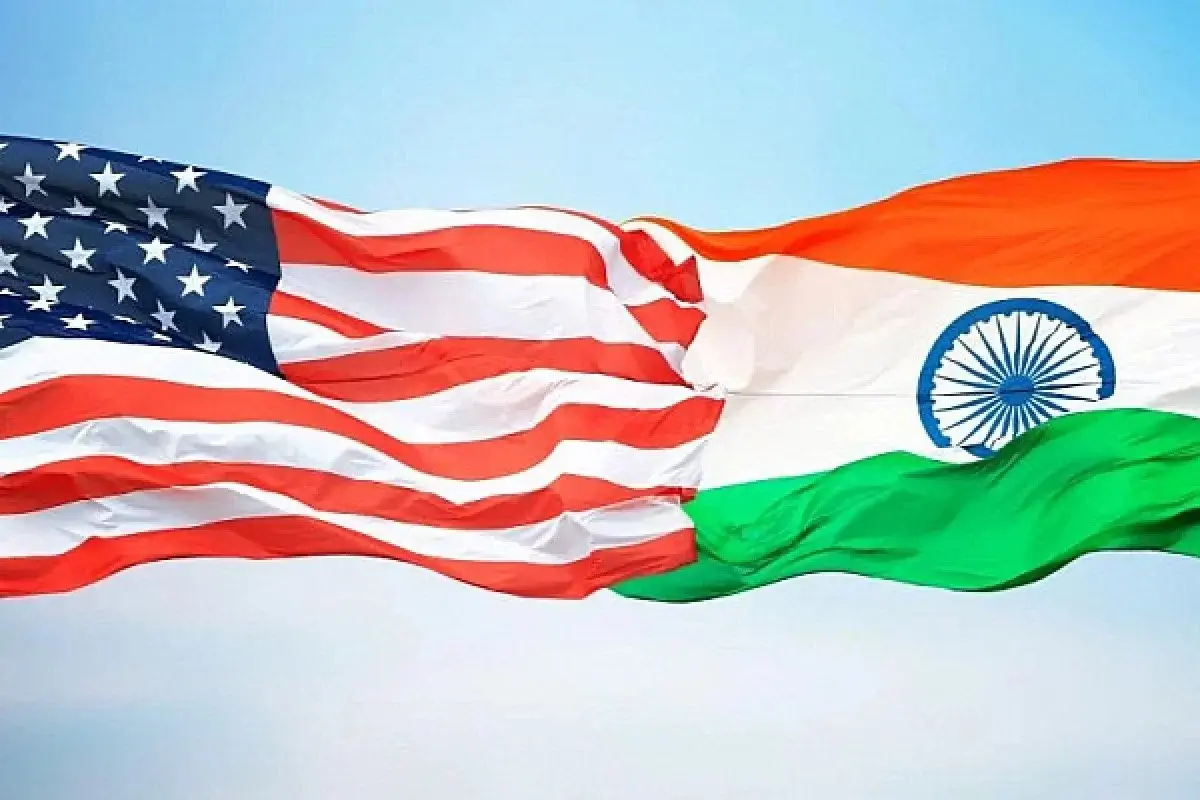Trump's tariffs have caused serious tension in India-US relations

India and the United States, which have been considered strategic partners since the beginning of the 21st century, have experienced unexpectedly serious coldness. President Donald Trump's doubling of tariffs on Indian products has dealt a significant blow to relations between the two countries.
According to the decree, which came into force on August 27, the US raised tariffs on goods imported from India to 50%. The previously imposed 25% penalty fee for purchasing Russian oil has been increased by another 25%. As a result, tariffs on clothing, jewelry, precious stones, sports equipment, furniture, and chemical products have increased sharply.
Influential political analyst Farid Zakariya, commenting on Washington's decision in his analysis for the Washington Post, emphasized that the direction of US foreign policy has completely changed. According to him, Trump's move could fundamentally disrupt the strategic partnership policy previous administrations had built over 25 years and even go down in history as the biggest mistake during his presidency.
A look at historical cooperation
After the Cold War, relations between the USA and India began to develop consistently. President Bill Clinton's visit in 2000 laid the foundation for this partnership. During the George W. Bush administration, Washington began to see India as a key partner to balance China's strengthening. At this time, the issue of the nuclear program was also resolved, and a historic agreement was signed.
In subsequent years, the Obama administration supported India's candidacy for permanent membership in the UN Security Council and significantly increased trade between the two countries. During Trump's first presidency, the QUAD - a defense bloc consisting of the USA, Japan, Australia, and India - was also strengthened. Under Joe Biden, economic cooperation expanded further, and India began to work closely with Washington in many areas.
A sharp turn in Trump's politics
However, the new tariffs during Trump's second presidency could completely change the situation. He even called the Indian economy "dead." In reality, New Delhi has been one of the fastest-growing large economies in the world in recent years, currently ranking fourth in terms of GDP. By 2028, it is expected to surpass Germany and become the third economy after the US and China.
Zakariya emphasized that such a political course works against US interests in Asia, and Washington could lose its strategic advantage.
Impact of tariffs
The new tariffs pose a serious problem for thousands of small producers and exporters in India. Although the country's Ministry of Commerce did not provide an official explanation, some officials stated that financial assistance would be allocated to affected sectors and that opportunities for entering new markets - China, Latin America, and the Middle East - were being explored.
According to the Global Trade Research Center, orders for Indian products in the US could decrease by up to 90%. According to the Indian government, the direct impact of duties could affect $48 billion in exports.
In 2024, the trade turnover between the two countries reached $129 billion. If the new tariffs are maintained, it is possible that this indicator will decrease significantly.
Meanwhile, Washington claims that India's purchase of Russian oil is helping Moscow finance the war in Ukraine. New Delhi assessed this as "hypocrisy" and recalled the ongoing trade between the US and Europe with Russia.
Read “Zamin” on Telegram! Ctrl
Enter
Found a mistake?
Select the phrase and press Ctrl+Enter 





















